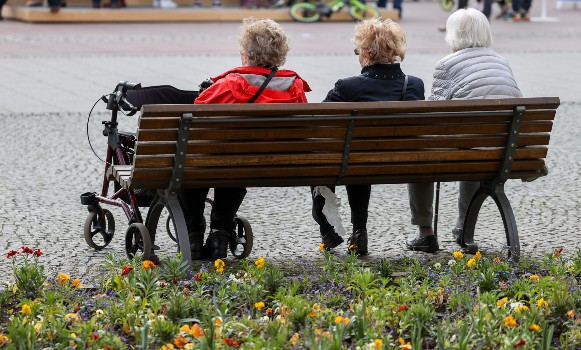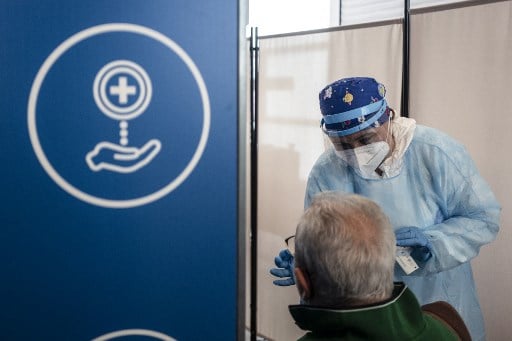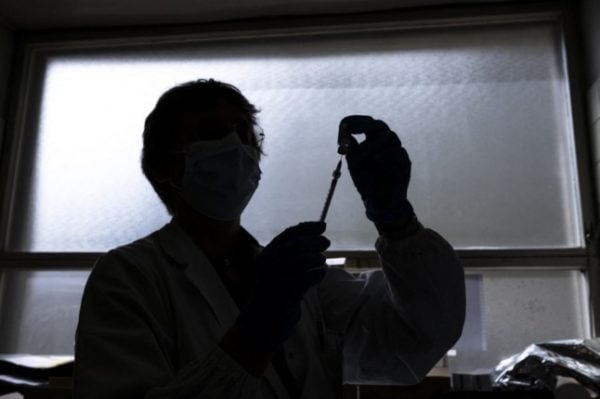Curfews and limits on social contacts no longer apply to those fully vaccinated — more than seven million people — or recovered from a Covid infection under the new rules.
They will also no longer have to present a negative test result to access certain services such as hairdressers and “click and meet” shopping appointments.
If returning to Germany from abroad, they will not be required to quarantine unless arriving from a country deemed high risk due to virus
variants.
However, they will still be required to adhere to social distancing and hygiene measures such as wearing masks in shops and on public transport.
Announcing the measures this week, Justice Minster Christine Lambrecht said there needed to be a “good reason” for any restrictions on public life.
“As soon as this reason ceases to exist… these restrictions should then no longer be in place,” she said.
In a poll for the RTL broadcaster, 64 percent of Germans said they were in favour of Germany going further and reopening hotels, restaurants, theatres and cinemas for vaccinated people.
Berlin’s mayor Michael Mueller admitted that it was going to be “damn difficult to check” whether people were exempt from the rules or not.
Mueller advised people to carry proof of vaccination with them until the arrival of the EU’s planned digital vaccination passports.
Under national measures introduced in April, areas of Germany with an incidence rate of more than 100 new infections per 100,000 people over the last seven days must introduce strict shutdown measures, including contact restrictions and overnight curfews.
But areas with incidence rates under 100 are allowed to open shops, restaurants, cinemas and other facilities to anyone who can provide a negative test.
With infection numbers sinking, many states are eyeing reopening various facilities in the coming weeks.
Bavaria is planning to open restaurants, theatres, cinemas and beer gardens from Monday in areas with incidence rates under 100, and will allow hotels, holiday homes and campsites to open from May 21.
Health Minister Jens Spahn on Friday said Germany appeared to have broken the third wave but warned that reopening too quickly “would only help the virus”.
“In this phase of the pandemic, it is really a matter of not gambling away what has been achieved,” he said.
SEE ALSO: ‘Majority of Germans’ against immediately lifting restrictions for vaccinated people




 Please whitelist us to continue reading.
Please whitelist us to continue reading.
Hi I am a frequent visitor to Germany over 40 years now, and fully integrated into society when there. My dilemma is that although I have had both my vaccinations, I still cannot book my trip to German as there are no clear guidelines that I can find for British travellers from the UK to Germany and back to UK again. Does anyone living in Germany know how travel is going to work other than expensive tests.
Thanks for any certain information
Andrea Edmonds